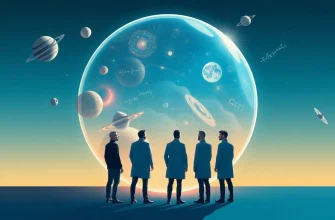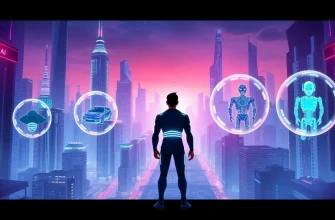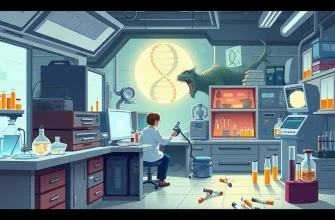Science fiction films have long been a medium to explore the boundaries of human imagination and scientific possibilities. This curated list of 10 sci-fi movies delves into themes of scientific discovery, technological advancement, and the ethical dilemmas they pose. Each film not only entertains but also stimulates thought about our relationship with science, making them invaluable for anyone fascinated by the intersection of cinema and science.
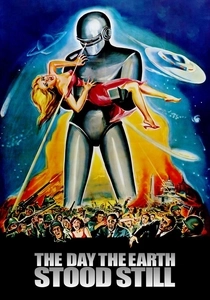
The Day the Earth Stood Still (1951)
Description: An alien arrives on Earth with a message for humanity about the dangers of nuclear weapons, showcasing the potential consequences of ignoring scientific warnings.
Fact: The film was remade in 2008, but the original remains a classic for its message and simplicity.
 Watch Now
Watch Now 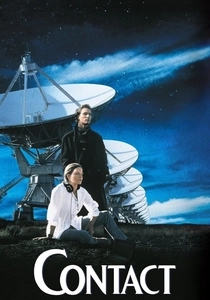
Contact (1997)
Description: Based on Carl Sagan's novel, this film explores the first contact with an extraterrestrial civilization through a scientist's journey to decode a message from space.
Fact: The film's depiction of the Very Large Array in New Mexico was so accurate that it was used as a reference for actual astronomers.
 Watch Now
Watch Now 
Gattaca (1997)
Description: In a future where genetic engineering determines one's social status, a naturally born man strives to achieve his dream of space travel, questioning the ethics of genetic manipulation.
Fact: The film's title is derived from the letters representing the four nucleobases of DNA: guanine, adenine, thymine, and cytosine.
 Watch Now
Watch Now 
Primer (2004)
Description: Two engineers accidentally invent a time machine, leading to complex time travel scenarios and ethical dilemmas.
Fact: The film was made on a budget of only $7,000, with the director Shane Carruth also starring, writing, and composing the score.
 Watch Now
Watch Now 
Sunshine (2007)
Description: A team of astronauts embarks on a mission to reignite the dying sun, facing psychological and physical challenges along the way.
Fact: The film's concept was inspired by the real-life Icarus myth, symbolizing humanity's hubris in attempting to control nature.
 Watch Now
Watch Now 
Ex Machina (2014)
Description: A programmer is invited by his CEO to administer the Turing test to an intelligent humanoid robot, raising questions about consciousness, artificial intelligence, and human interaction.
Fact: The film was shot in a single location, a remote house in Norway, to create an isolated, controlled environment.
 Watch Now
Watch Now 
Interstellar (2014)
Description: A team of astronauts travel through a wormhole near Saturn in search of a new home for humanity, exploring the effects of time dilation and the limits of human endurance.
Fact: The film was developed with input from physicist Kip Thorne, ensuring scientific accuracy in its depiction of black holes and wormholes.
 Watch Now
Watch Now 
Moon (2009)
Description: A lone astronaut on a three-year lunar mission discovers the truth about his mission and his identity, exploring themes of cloning and corporate ethics.
Fact: The film was Duncan Jones's directorial debut, and it won the Hugo Award for Best Dramatic Presentation.
 Watch Now
Watch Now 
Arrival (2016)
Description: Linguists and scientists work to communicate with extraterrestrial visitors, exploring themes of language, time, and human perception.
Fact: The film's unique approach to alien communication was praised for its originality and depth.
 Watch Now
Watch Now 
The Martian (2015)
Description: An astronaut is stranded on Mars and must use his scientific knowledge to survive, showcasing the importance of science in space exploration.
Fact: The film's depiction of Mars was praised for its accuracy, with NASA providing technical advice.
 Watch Now
Watch Now 




